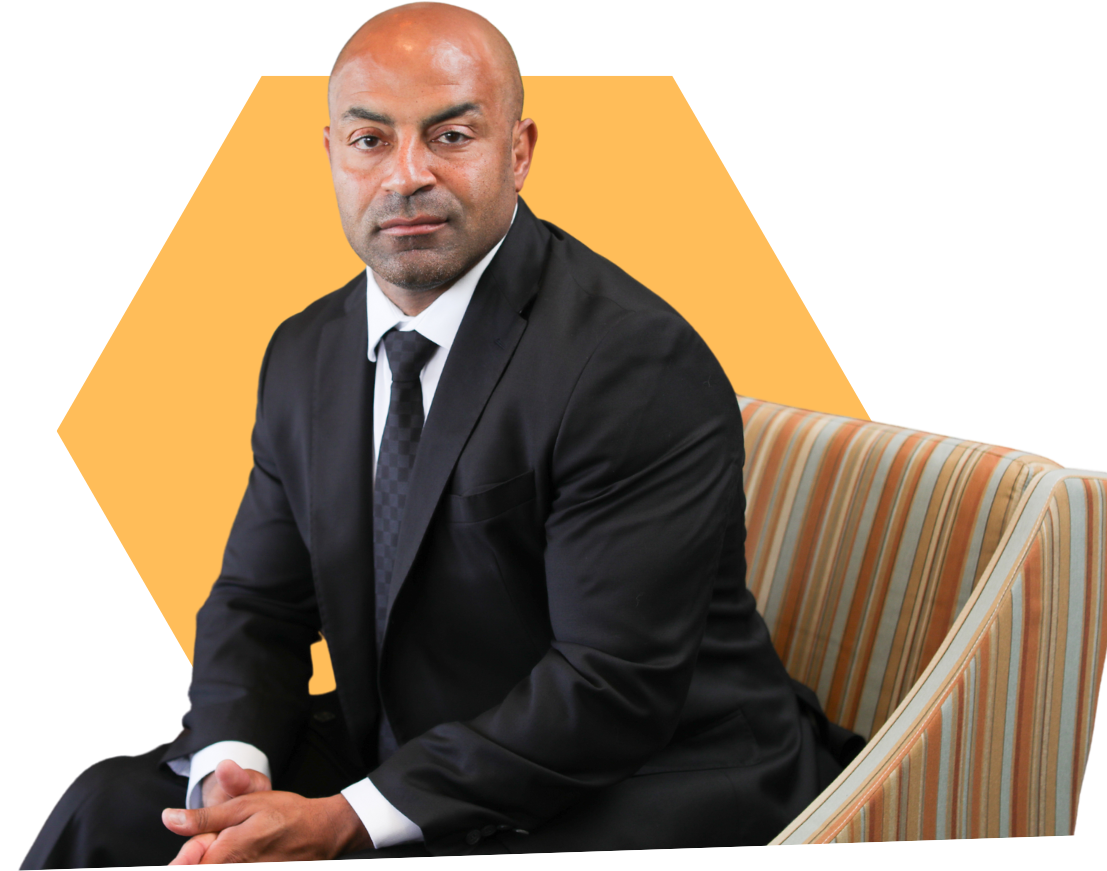Alternatives to Jail and Prison in Albuquerque
How New Mexico Criminal Defense Attorney Can Help

At Raymon Law Group, we advocate for these alternatives to promote a more just and effective legal system. For expert legal assistance, contact us at (505) 390-1040.
The Importance of Alternatives to Imprisonment
Imprisonment has long been the primary response to criminal behavior, but its effectiveness is increasingly questioned. High criminal records indicate that jail and prison often fail to rehabilitate offenders. Additionally, Imprisonment can have devastating impacts on individuals, families, and communities. Alternatives to Incarnation provide opportunities for rehabilitation and reintegration, addressing the underlying issues that contribute to criminal behavior. These alternatives are particularly crucial in Albuquerque, NM, where the local criminal justice system faces unique challenges.
Diversion Programs
Pretrial Diversion Programs
Drug Courts
Mental Health Courts
Probation and Parole
Enhanced Probation Programs
Parole Reintegration Programs
Restorative Justice
Victim-Offender Mediation
Community Service Programs
Educational and Vocational Training Programs
Adult Education Programs
Vocational Training
Substance Abuse Treatment Programs
Inpatient and Outpatient Treatment
Medication-Assisted Treatment (MAT)
Mental Health Treatment Programs
Cognitive Behavioral Therapy (CBT)
Integrated Dual Diagnosis Treatment
Housing Assistance Programs
Transitional Housing
Permanent Supportive Housing
Community-Based Supervision Programs
Day Reporting Centers
Electronic Monitoring
Youth Diversion Programs
Juvenile Diversion Programs
Youth Mentoring Programs
Contact Raymon Law Group
At Raymon Law Group, we are committed to promoting alternatives to imprisonment in Albuquerque, NM. These alternatives not only provide more effective rehabilitation but also address the underlying causes of criminal behavior, leading to safer and healthier communities.
If you or a loved one is facing criminal charges, contact us at (505) 390-1040 for expert legal assistance. Together, we can explore the best possible alternatives to jail and prison, ensuring a more just and effective criminal justice system.
Frequently Asked Questions (FAQs)
What are diversion programs?
Diversion programs aim to redirect offenders from the traditional criminal justice system into community-based programs. They often involve conditions such as attending counseling, undergoing treatment, or performing community service. Successful completion can result in charges being dismissed.
How do drug courts work?
Drug courts are specialized programs for individuals with substance abuse issues. Participants undergo intensive treatment, regular drug testing, and supervision. These programs have been effective in reducing recidivism and substance abuse.
What is the role of mental health courts?
Mental health courts focus on offenders with mental health conditions, providing treatment and support rather than punishment. Participants receive comprehensive mental health services, and their progress is closely monitored.
How does probation differ from parole?
Probation is an alternative to incarceration where offenders remain in the community under supervision, often with conditions like counseling or community service. Parole involves supervised release after serving part of a prison sentence, with similar conditions to aid reintegration.
What is restorative justice?
Restorative justice focuses on repairing the harm caused by criminal behavior. It involves the offender, victim, and community in a process aimed at reconciliation and healing, often through victim-offender mediation and community service.
Why are educational and vocational training programs important?
These programs address the lack of education and job skills, which are significant factors contributing to criminal behavior. They provide offenders with the tools needed for productive lives, reducing the risk of reoffending.
What types of substance abuse treatment programs are available?
There are inpatient and outpatient treatment programs, which include counseling, support groups, and medical care. Medication-assisted treatment is also available, combining medication with counseling for effective addiction treatment.
How do mental health treatment programs help offenders?
These programs provide therapy, medication management, and support groups to address psychiatric conditions that often underlie criminal behavior. Cognitive Behavioral Therapy (CBT) and integrated dual diagnosis treatment are common approaches.
What is the importance of housing assistance programs?
Stable housing is crucial for successful reintegration. Transitional housing offers temporary structured environments, while permanent supportive housing provides long-term stability with ongoing support services.
What are community-based supervision programs?
These programs offer flexible and supportive alternatives to traditional probation and parole. Examples include day reporting centers, where offenders report daily for supervision and services, and electronic monitoring to ensure compliance with court-ordered conditions.
Arrested?
We never stop fighting for our clients.
Looking for Criminal Defense attorney New Mexico? Contact New Mexico Trial Attorney.
We are Successful for you


